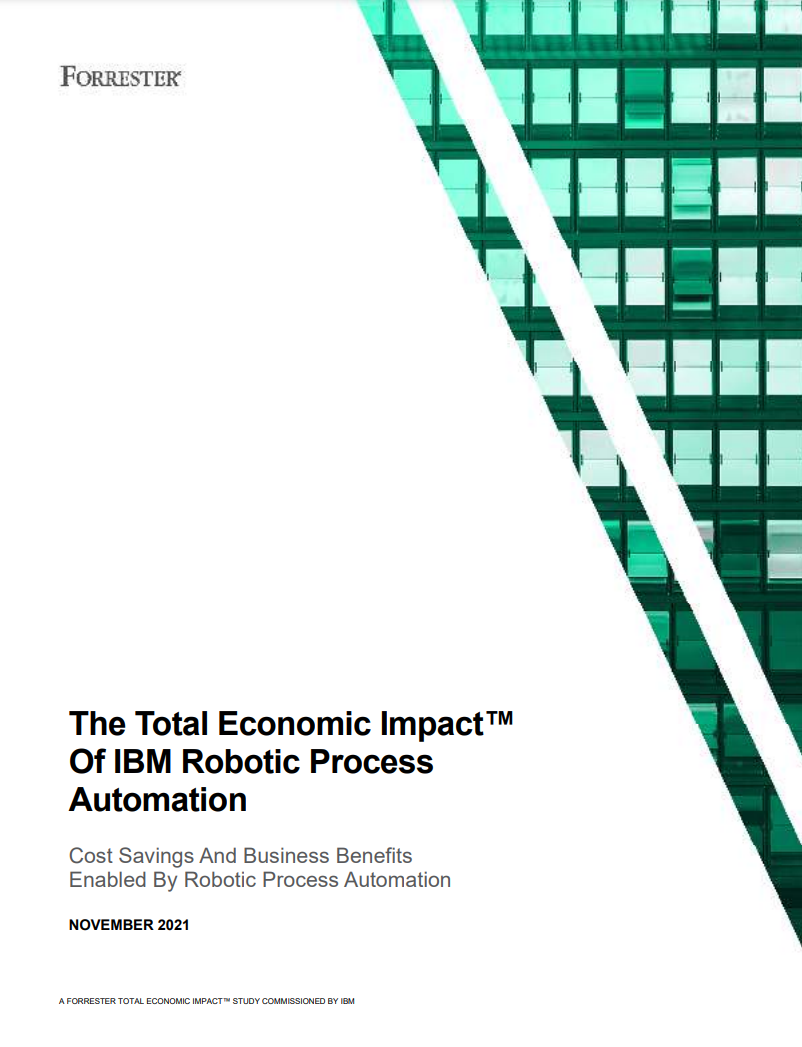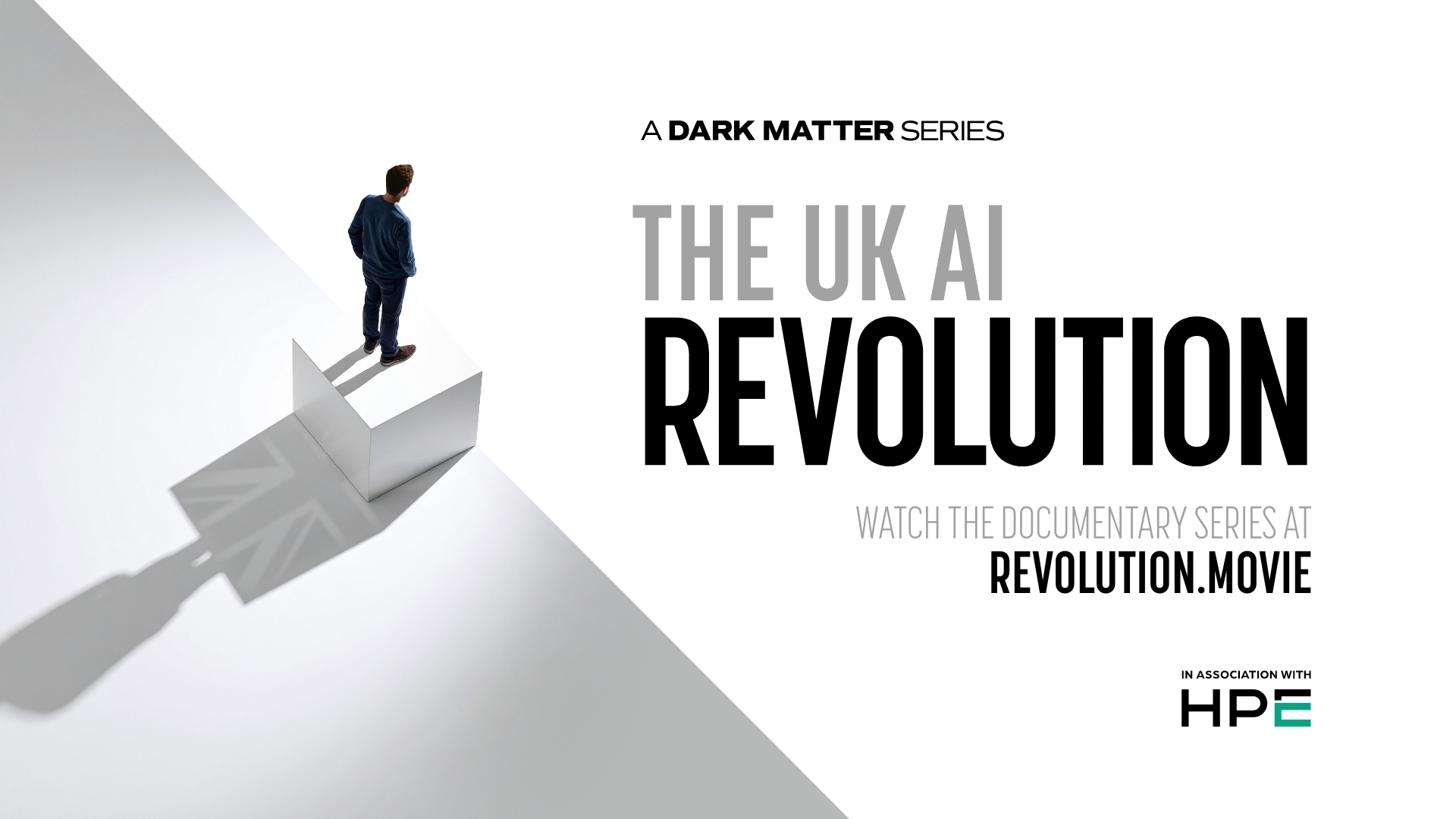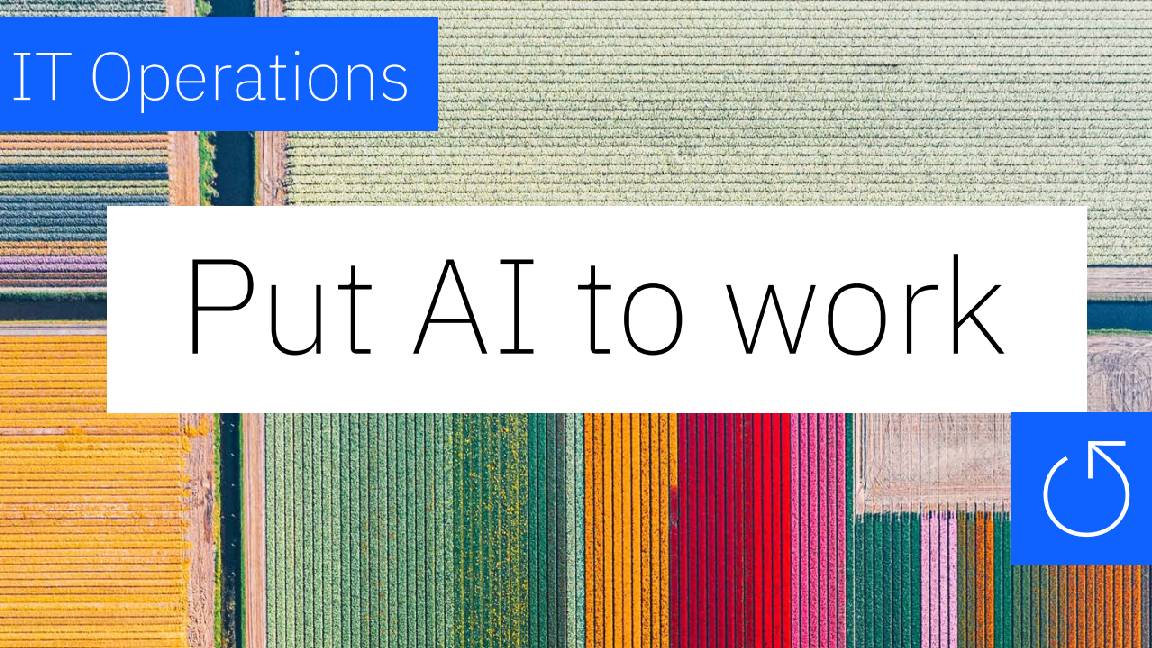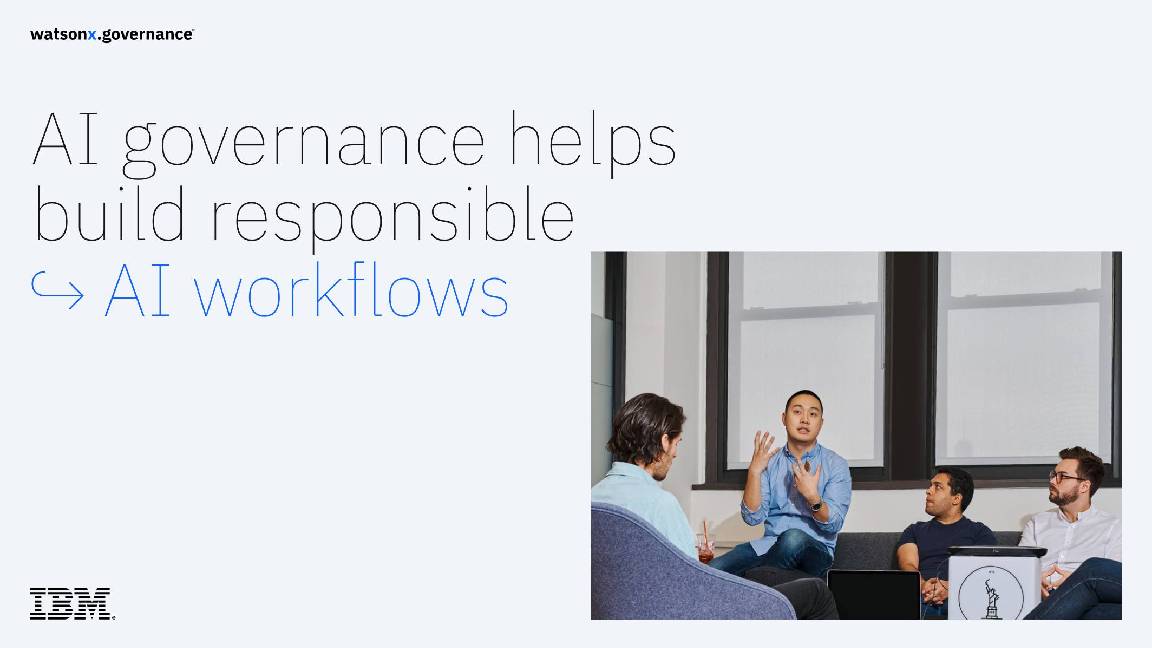IBM files lawsuit against UK-based Micro Focus alleging software plagiarism
The company claims that Micro Focus took the software when it was part of IBM’s partner programme


IBM has filed a lawsuit against Micro Focus, claiming that the British company illegally copied and reverse engineered its software.
The copyright complaints included in the lawsuit, filed on 21 November in the US District Court of the southern district of New York, relate to the alleged theft of IBM’s mainframe systems technology.
Micro Focus allegedly entered into contracts with IBM to benefit from the tech giant’s developer programmes and get access to its technology, which it then breached to suit its own ends.
The programmes aimed to develop an ecosystem of developers that create applications for IBM’s mainframe systems. IBM said it and its customers rely on the developers as trusted partners, and underlined Micro Focus has broken this trust.
Micro Focus then went on to create software, Micro Focus Enterprise Server and Micro Focus Enterprise Developer (Micro Focus Enterprise Suite), by using its developer access to copy IBM’s Customer Information Control System Transaction Server (CICS TS) software, IBM alleged.
The UK firm then published, distributed, and promoted the products, which it continues to do so today.
The lawsuit stated that Micro Focus’s Enterprise Suite offers a web services implementation, including a WSBIND file, a file that details which CICS program to use, for mapping data. IBM alleged that the company created this file by copying from its own products, and provided various examples to demonstrate this:
Sign up today and you will receive a free copy of our Future Focus 2025 report - the leading guidance on AI, cybersecurity and other IT challenges as per 700+ senior executives
- Micro Focus’s WSBIND file has “near identical” architecture and design to IBM’s
- The file uses IBM internal structures, which aren’t available outside of the company
- The log file generated from a Micro Focus utility is nearly identical to IBM’s
- The Micro Focus utility processing in the log file shows similar program sequence, elements, optimisations, configuration, and missing features as IBM’s utility programs
- The file, like IBM’s, is encoded in EBCDIC, even though Micro Focus doesn’t need to use this encoding since it has an ASCII environment
“There is no way such extensive similarity could arise through attempts to meet similar functional requirements, or as a result of coincidence,” IBM stated in the lawsuit. “These similarities also indicate that Micro Focus reverse engineered at least a portion of the CICS TS software in contravention of Micro Focus’s various contractual obligations to IBM.”
IBM claimed that Micro Focus’s copying and reverse engineering significantly reduced the development time and cost needed to create the products. The company added that it abused its status as an IBM developer and the associated favourable access to its mainframe systems technology to create the software.
RELATED RESOURCE

The Total Economic Impact™ of IBM robotic process automation
Cost savings and business benefits enabled by robotic process automation
The company also revealed that it terminated Micro Focus’s involvement in the Developer Discount Program on 31 May 2021, with Micro Focus’s membership ending on 31 August 2022.
“Micro Focus has brazenly stolen IBM software and we are going to protect IBM’s product development investment from Micro Focus’ illegal tactics,” said Ross Mauri, general manager of IBM zSystems and LinuxONE.
“We’ve made significant investments over many decades in research and development of our industry-leading IBM mainframe system technology, to the great benefit of our trusted partners, our customers, and the global economy. We will aggressively defend IBM’s intellectual property against those who attempt to steal it.”
IBM’s lawsuit is seeking monetary relief as well as an injunction against Micro Focus which would stop the company from continuing to copy or distribute IBM’s software.
IT Pro has contacted Micro Focus for comment.
Zach Marzouk is a former ITPro, CloudPro, and ChannelPro staff writer, covering topics like security, privacy, worker rights, and startups, primarily in the Asia Pacific and the US regions. Zach joined ITPro in 2017 where he was introduced to the world of B2B technology as a junior staff writer, before he returned to Argentina in 2018, working in communications and as a copywriter. In 2021, he made his way back to ITPro as a staff writer during the pandemic, before joining the world of freelance in 2022.
-
 The UK AI revolution: navigating the future of the intelligent enterprise
The UK AI revolution: navigating the future of the intelligent enterpriseAs AI reshapes industries and societies, decision-makers in the UK face a critical choice: build a sovereign future or merely import it.
-
 Turning the UK AI revolution into a sovereign reality
Turning the UK AI revolution into a sovereign realityThe UK AI Revolution documentary series posed difficult questions about AI’s hype, control, and future. Now, IT leaders must find the architectural answers
-
 Put AI to work for IT operations
Put AI to work for IT operationswhitepaper Reduce the cost and complexity of managing hybrid applications
-
 AI in the retail industry is spreading beyond the IT department
AI in the retail industry is spreading beyond the IT departmentNews AI has become a strategic imperative for retailers, delivering marked productivity gains
-
 Maximizing contact center operations with generative AI assistants backed by responsible AI principles
Maximizing contact center operations with generative AI assistants backed by responsible AI principleswhitepaper Reduce the cost and complexity of managing hybrid applications
-
 IBM just launched powerful new open source AI models – here’s what you need to know
IBM just launched powerful new open source AI models – here’s what you need to knowNews Available under the Apache 2.0 license, IBM's Granite 3.0 models are trained on enterprise data and can out-perform the competition
-
 Achieving business outcomes with generative AI
Achieving business outcomes with generative AIWebinar Take your hybrid cloud journey to the next level with generative AI
-
 Wimbledon’s new Catch Me Up AI feature promises to keep fans up to date at the tournament – after it irons out some of the wrinkles
Wimbledon’s new Catch Me Up AI feature promises to keep fans up to date at the tournament – after it irons out some of the wrinklesNews The latest feature to come out of IBM’s partnership with Wimbledon will keep fans engaged from the early stages right through to the final with dynamic player insights
-
 AI demands new ways of data management
AI demands new ways of data managementwhitepaper The data leader’s guide for how to leverage the right databases for applications, analytics and generative AI
-
 AI governance for responsible transparent and explainable AI workflows
AI governance for responsible transparent and explainable AI workflowswhitepaper Build greater trust in your AI
